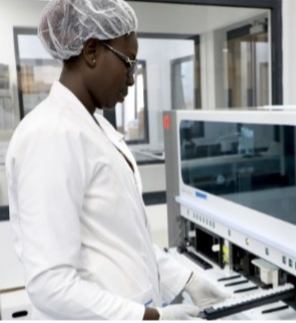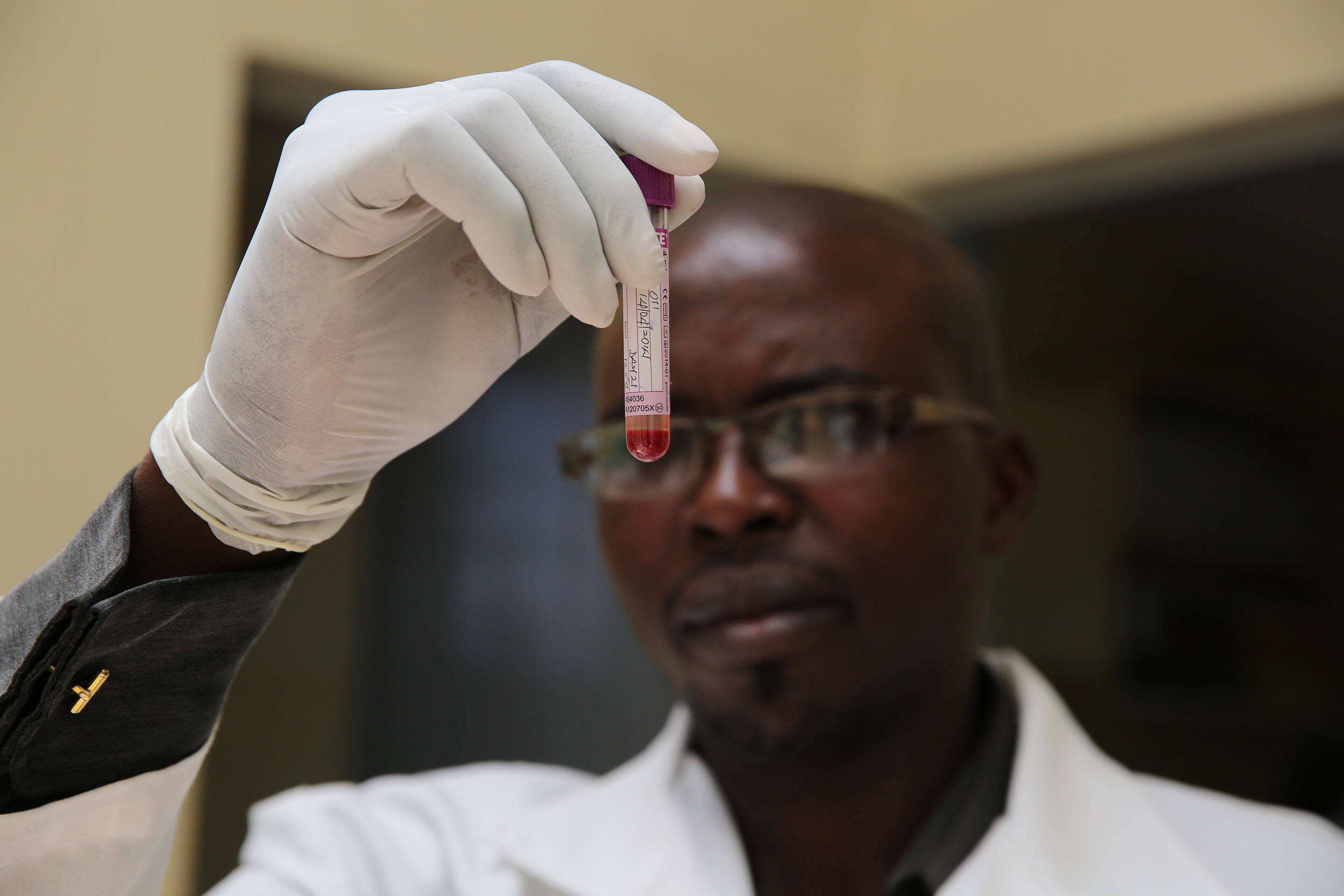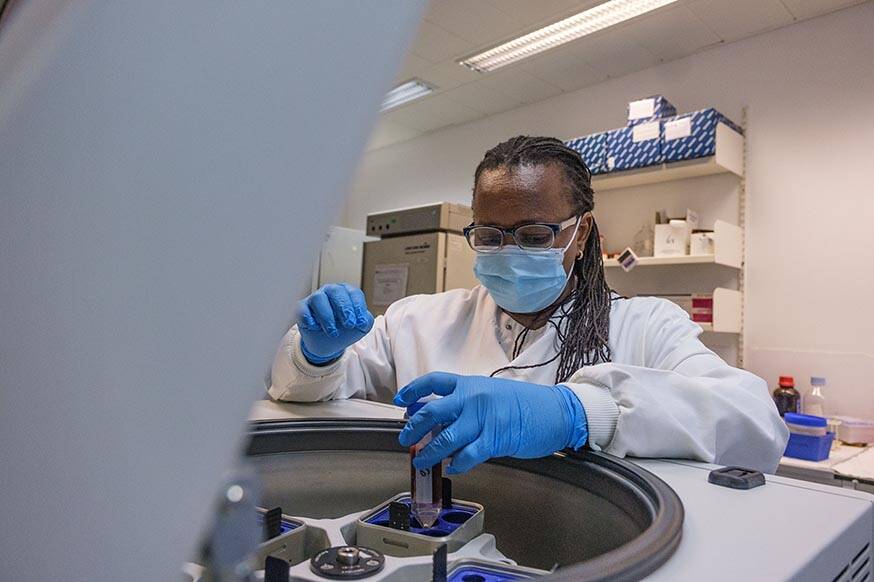
A new Participating States-Initiated Activity (PSIA), funded by the UK, is enabling EDCTP Regional Networks of Excellence to recruit female PhD candidates.
Advancing women in health research in Africa
EDCTP has made a major contribution to scientific capacity building in sub-Saharan Africa, in terms of both physical research infrastructure and human resources for health research. However, significant disparities exist across the region, with countries with less well-developed health research systems less able to compete for funding. In addition, there is a significant gender imbalance, with women less likely to apply for and receive fellowship funding or to coordinate research consortia.
In 2019, EDCTP and the Africa Centres for Disease Control and Prevention (Africa CDC) jointly organised a workshop to discuss inequities in research. Key obstacles to more equitable funding and potential ways to overcome them were summarised in a report from the meeting.
Building on this experience, EDCTP and the UK collaborated on a PSIA that leveraged the established research platforms of EDCTP Regional Networks of Excellence as a training base for early-career female researchers.
All four networks were successful in their bid. For this initiative, the East African Consortium for Clinical Research (EACCR) programme, led from Uganda, has implementing partners from Kenya, Rwanda and Tanzania; the Trials of Excellence in Southern Africa (TESA) programme, led from Mozambique, includes partners from Angola, Botswana, Eswatini, France, Malawi, Namibia, The Netherlands, South Africa, Spain, Zambia and Zimbabwe; the West African Network for Tuberculosis, AIDS and Malaria (WANETAM) programme, led from Senegal, also includes Ghana and the UK; and the Central African Network on TB, HIV and Malaria (CANTAM) programme, led from the Republic of Congo, has partners from Cameroon, Gabon, Germany and The Netherlands.
Galvanised with additional resources, over four years, the programmes will support the PhD training and wider development of female researchers, helping to address health research workforce inequities at an early career stage and further strengthening health research capacity in sub-Saharan Africa.
EDCTP Regional Networks of Excellence
EACCR
Eastern Africa Consortium for Clinical Research II
Uganda
Website

TESA
Trials of Excellence in Southern Africa II
Mozambique
Website
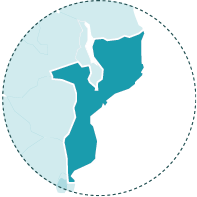
WANETAM
West African Network for TB, AIDS and Malaria
Senegal
Website
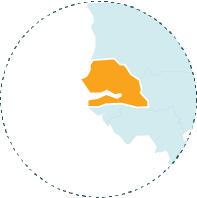
CANTAM3
Central Africa Clinical Research Network
Congo
Website
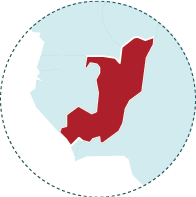
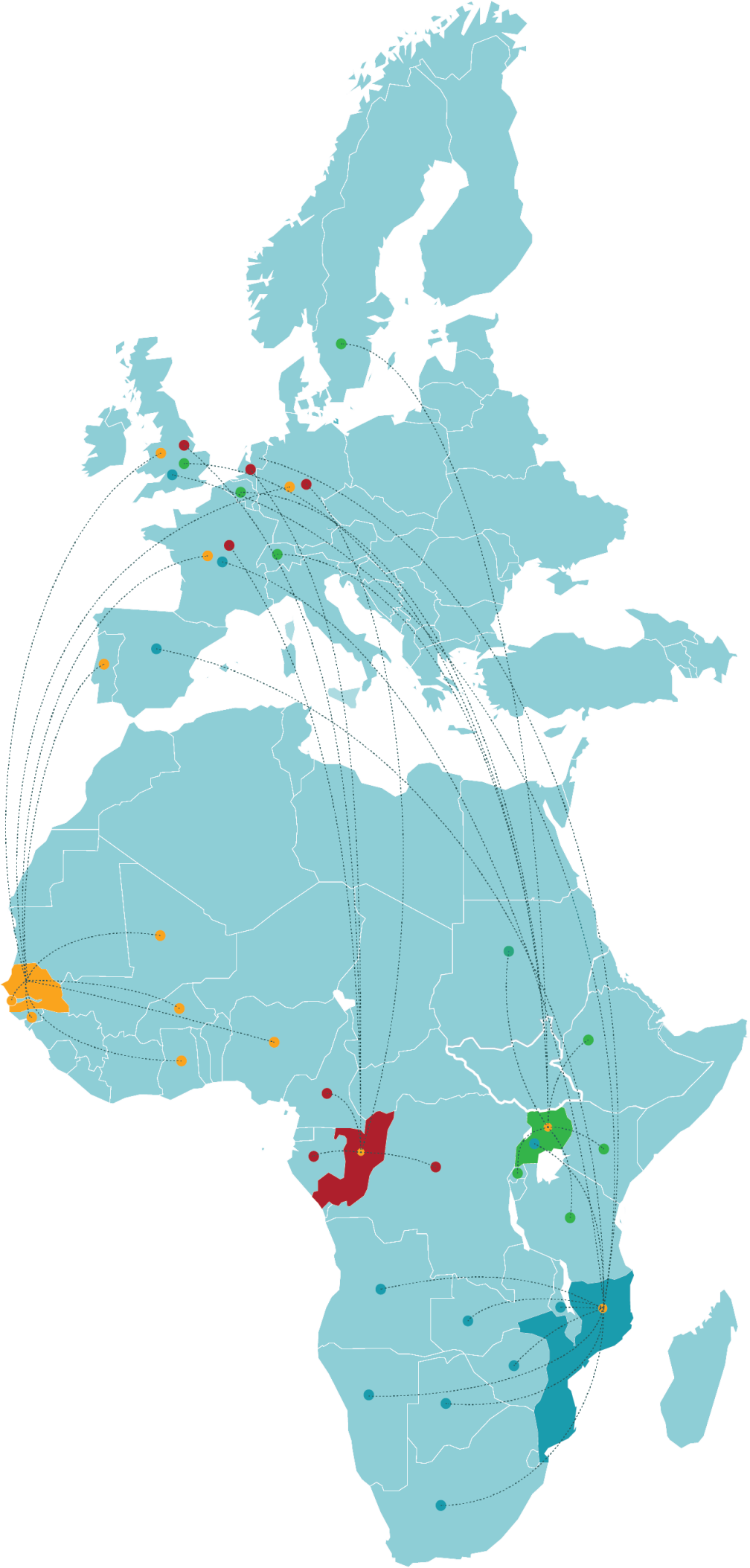
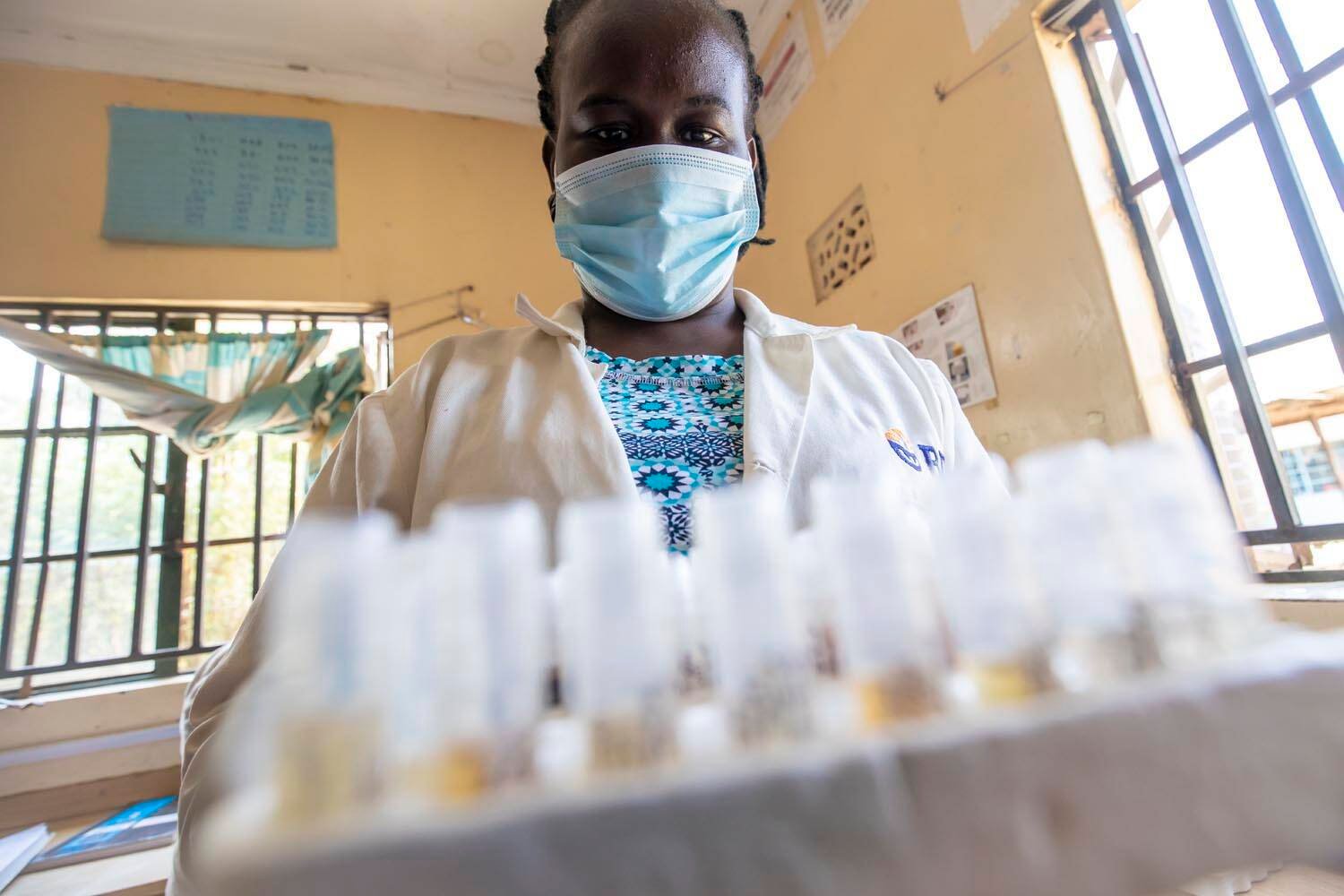
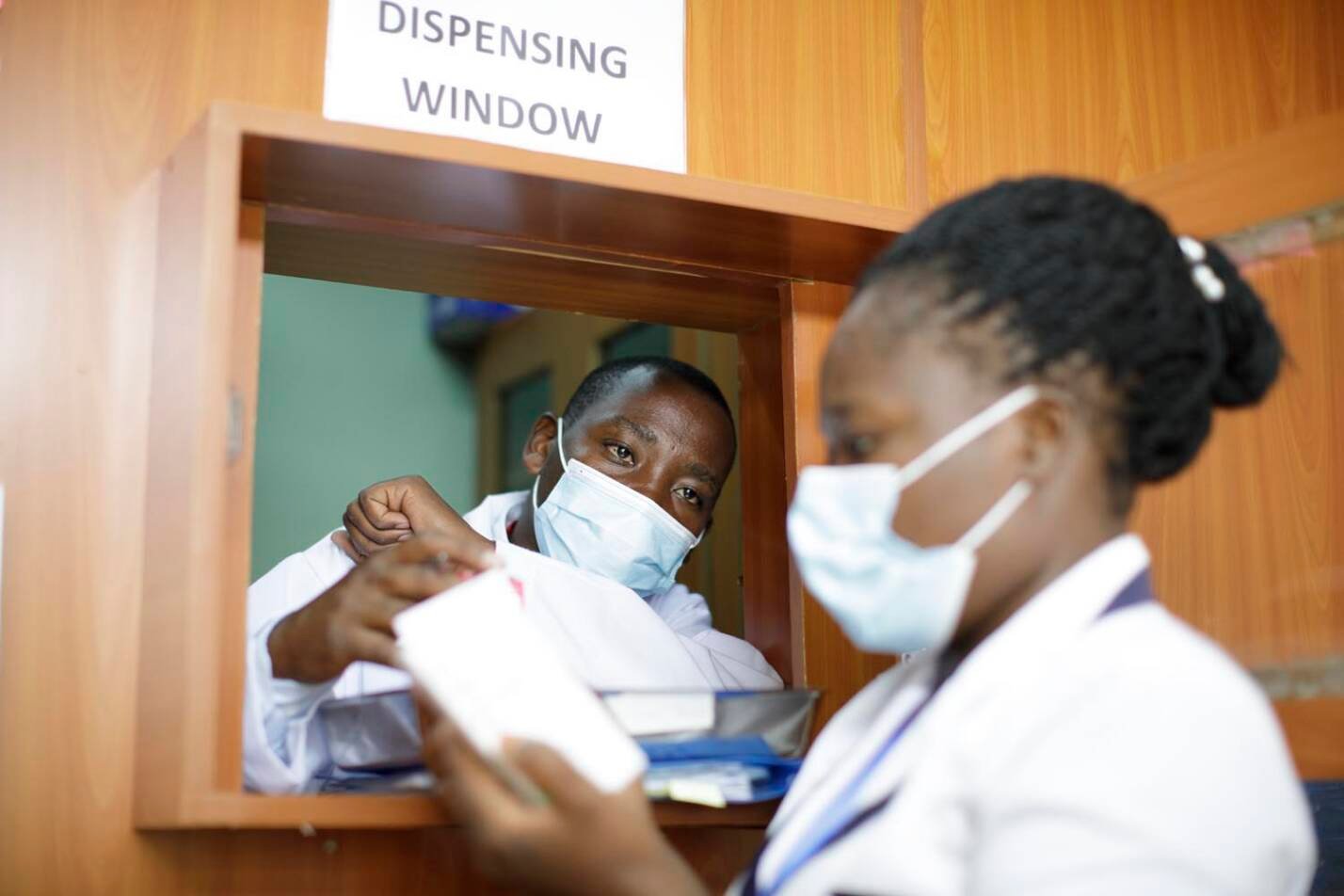
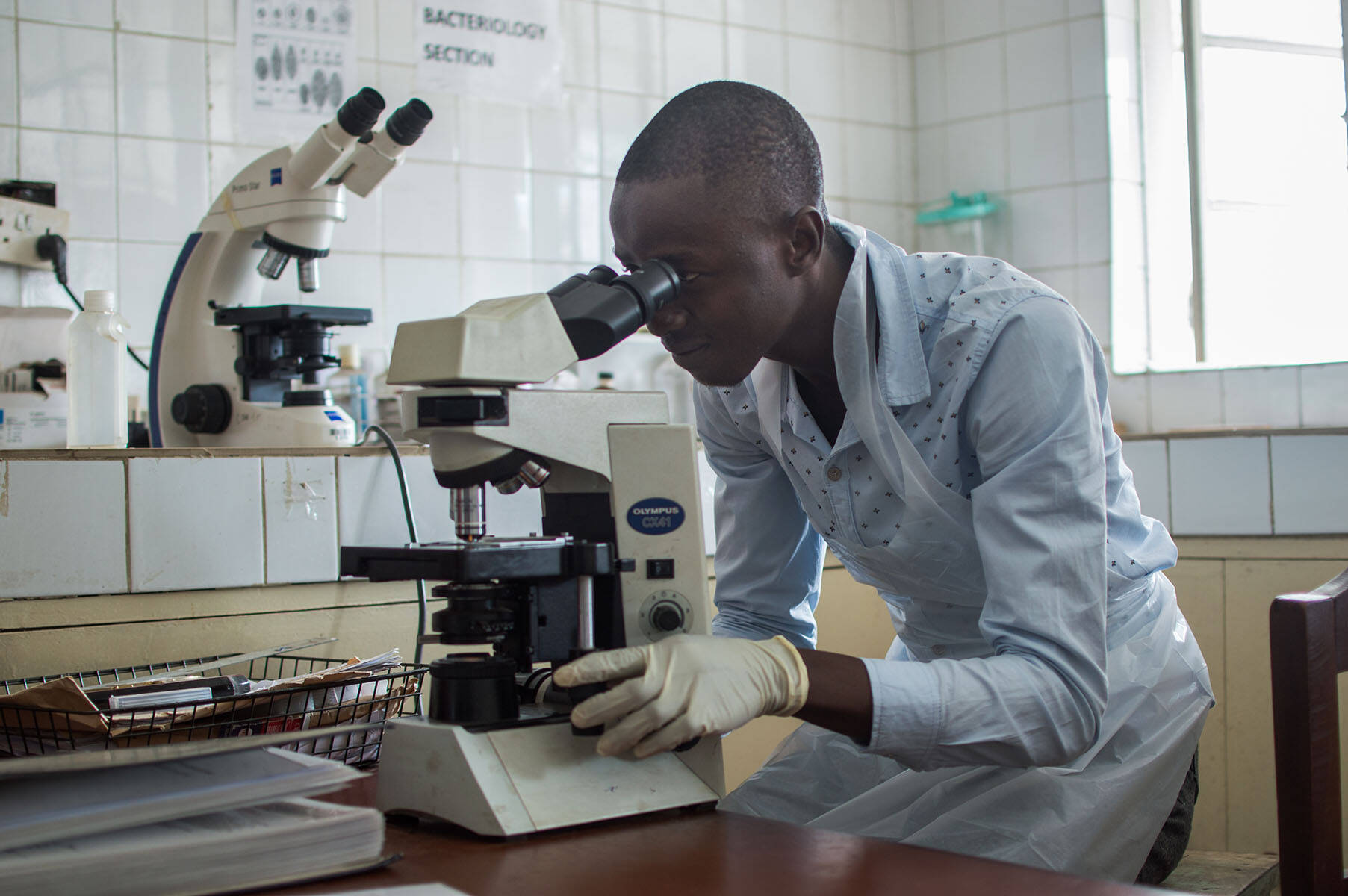
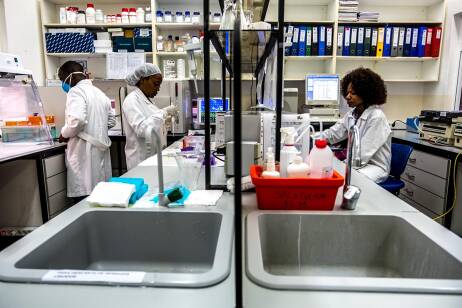
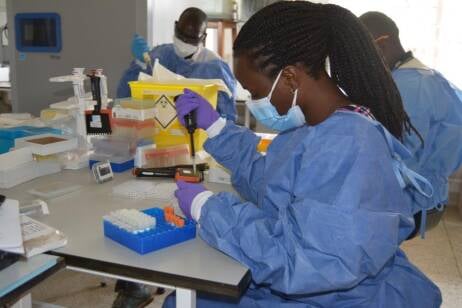
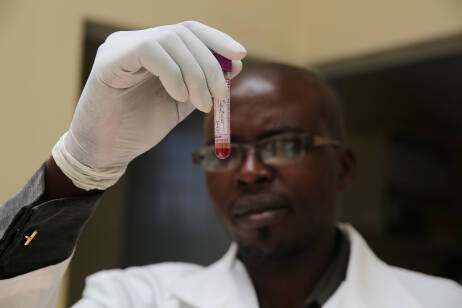
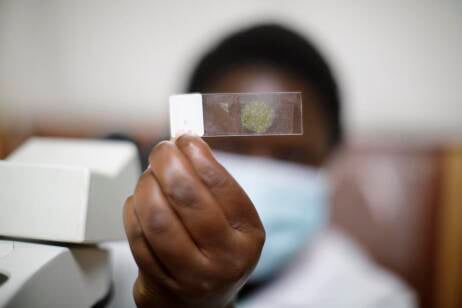
A priority for the Central African Network on TB, HIV and Malaria (CANTAM) has been to address the gender gap in clinical research capacity, and it has developed a strategy to involve more women in medical research. It has begun a project, ‘Women and Science’, targeted at local schools and has launched a career development fellowship scheme for postdoctoral female researchers to mitigate the marginalisation of female scientists in Central Africa. This strategy is a core element of the new PhD training programme for female PhD candidates launched in 2021, supported by a Participating States-Initiated Activity (PSIA) funded by the UK.
The network also contributed to studies demonstrating that the pyronaridine–artesunate antimalarial combination had good tolerability and effectiveness in a representative African population under conditions similar to everyday clinical practice. The results confirm its potential as a treatment for acute uncomplicated malaria in the region.
Other CANTAM activities in 2021 included a sub-regional training workshop on laboratory accreditation, held in October 2021, and capacity building support for national regulatory authorities and ethics committees. The latter included a two-day webinar in September 2021, ‘Analysis of national COVID-19 vaccination strategies by the ethics committees and national regulatory authorities of Central Africa’, organised with the Ministry of Health and Population of the Republic of Congo and including representatives from multiple Central African countries.
In addition, the EDCTP-funded EAPOC-VL project was launched at the lead EACCR site, UVRI, in April 2021. The EAPOC-VL project is examining the feasibility, acceptability and effectiveness of using point-of-care viral load (PoC VL) monitoring to improve suppression of HIV replication in children and adolescents living with HIV in Kenya, Rwanda, Tanzania and Uganda.
The West African Network for Tuberculosis, AIDS and Malaria (WANETAM) has been collaborating with Africa Centres for Disease Control and Prevention (Africa CDC) and the West Africa Health Organization (WAHO). WAHO and WANETAM have established a framework to support laboratories in the region aiming to achieve accreditation.
During the COVID-19 pandemic, WANETAM laboratories played a leading role in providing diagnostics services in Burkina Faso, The Gambia, Ghana, Guinea Bissau, Guinea Conakry, Côte d’Ivoire, Mali, Nigeria and Senegal, and the network has contributed to a cross-sectional survey on the impact of COVID19 on tuberculosis services.
The Trials of Excellence in Southern Africa (TESA) network has established specific reference laboratories on HIV (Botswana–Harvard AIDS Institute Partnership), TB (Stellenbosch University, South Africa) and malaria (Manhiça Health Research Centre, Mozambique). The laboratories serve as a training platform to optimise the use of resources across member institutions. Building on the capacity developed through TESA, its site in Zambia is leading a national study characterising COVID-19 patients. The sub-investigators who received Good Clinical Practice (GCP)/Good Clinical Laboratory Practice (GCLP) and data-management training under TESA are now actively involved in clinical research. For example, Dr Mwansa Ketty Lubeya has developed a protocol on COVID-19 in pregnancy and served as member of the editorial committee for the Clinical Guidance for Management of Patients with COVID-19 developed by the Zambian Ministry of Health.
Through a PSIA funded by Portugal, TESA is also implementing a data centre certification project at the Manhiça Health Research Centre in Mozambique. This TESA reference data centre will be the first in Africa to be accredited by the European Clinical Research Infrastructure Network (ECRIN).
The East African Consortium for Clinical Research (EACCR) helps to prepare resource-limited clinical research sites for clinical trials on locally important infectious diseases. EACCR has developed an e-learning centre that hosts peer-reviewed short courses required for high-quality clinical studies. In addition, through its reciprocal monitoring scheme, the network has established a regional pool of trained clinical trial monitors, who have overseen multiple clinical research studies across Africa.
The network is also working with the ALERRT and PANDORA-ID-NET pandemic preparedness networks to build capacity in research during epidemics. Two EACCR2 member institutions – the Uganda Virus Research Institute (UVRI) and the Centre for Global Health Research of the Kenya Medical Research Institute (KEMRI) – are the East African sites collaborating in the ALERRT study on clinical characterisation of COVID-19 in Africa.
scroll down
The networks have provided an opportunity for infrastructural upgrades to meet international standards. To date, seven laboratories in the networks have achieved and/or maintained ISO accreditation related to medical laboratories. These accredited laboratories, in Senegal, The Gambia, Kenya, Mozambique, Uganda, Tanzania and Nigeria, are now able to compete globally for high-quality research projects adhering to the highest international standards, and are helping to raise quality standards at other upcoming laboratories in the networks.
The four EDCTP Regional Networks of Excellence provide an infrastructure for coordinated development of health research capacity and platforms for multicentre trials. They have a particular focus on building capacity in countries with less well-developed health research infrastructures.
EDCTP Regional Networks of Excellence have been building their capacity for high-quality clinical research, and also supporting the sub-Saharan African response to the COVID-19 pandemic.
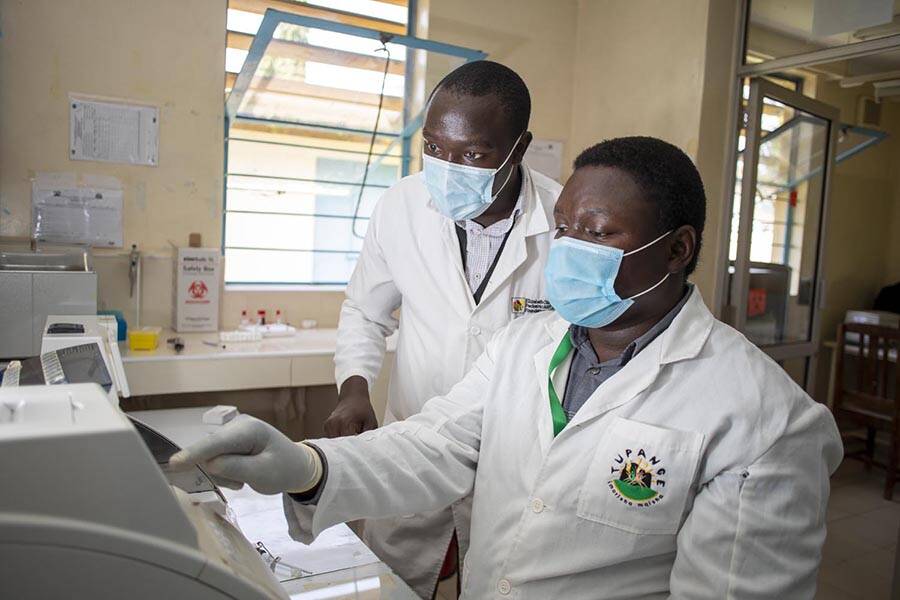
Spreading good practice
Member of the research team collecting blood.
Project: CANTAM3: Central African Network on Tuberculosis, HIV/AIDS and Malaria
Project lead: Professor Francine Ntoumi, Fondation Congolaise pour la Recherche Médicale, Republic of Congo
Countries involved: Cameroon, Democratic Republic of the Congo, Gabon, Germany, the Netherlands, United Kingdom and Zambia
Year funded: 2021
EDCTP funding: €4.49 M
Grant agreement: CSA2020NoE-3100
Project website: http://cantam.net/en/
Professor Francine Ntoumi
(Republic of Congo)
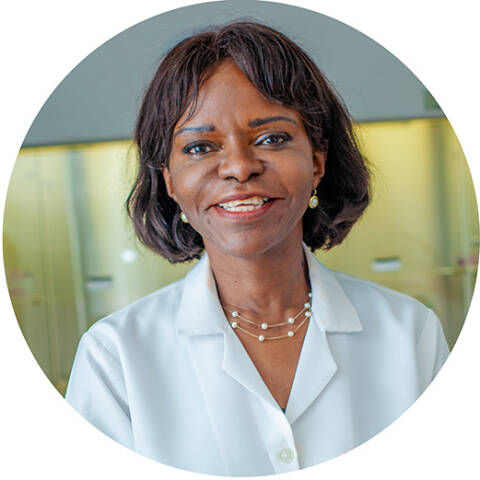
What comes next for CANTAM?
Francine Ntoumi: We are now seeing CANTAM as an enterprise: health research capacities have been built and, even though a lot remains to be done, as a group CANTAM is able to conduct relevant therapeutic and preventive clinical trials for the region. The objective now is to test products and interventions to prevent or treat infectious diseases relevant to the region.
What progress was made in 2021 towards the network’s short-term and long-term objectives?
Francine Ntoumi: A mentorship programme has been put in place, with female mentors/role models taking care of trainees – these scholars are walking in the footsteps of their mentors, who have established successful research careers.
The CANTAM network also works to address gender bias by hosting conferences, workshops, and presentations to address the needs of women in research careers. It also makes awards to successful scholars, encouraging younger researchers to have positive dreams.
CANTAM’s long-term objective is to provide a platform for the region to address key scientific questions. Therefore, the communication strategy for sharing findings has been better elaborated and the added value of CANTAM is always highlighted.
In 2021, CANTAM received a new grant, funded by the UK, to enable the network to recruit female PhD candidates. What is the importance of such a grant to the regional scientific community and how does the network plan to retain and support the long-term career development of these selected female researchers?
Francine Ntoumi: The WISE project, which aims to strengthen the representation of women in health research in Central Africa, is a real opportunity to increase the contribution of young female scientists. Eight young women are currently being trained in immunology and molecular epidemiology in collaboration with mentors in The Netherlands and Germany.
CANTAM works closely with local universities and research institutions to ensure that researchers have the multidisciplinary skills needed to be able to work in any disease programme. In that way, women trained under CANTAM will be absorbed easily into the Central Africa health research environment and will be able to sustain local and regional collaborations throughout their careers.
scroll down
Project Q&A
Prof. Ntoumi with members of her team.
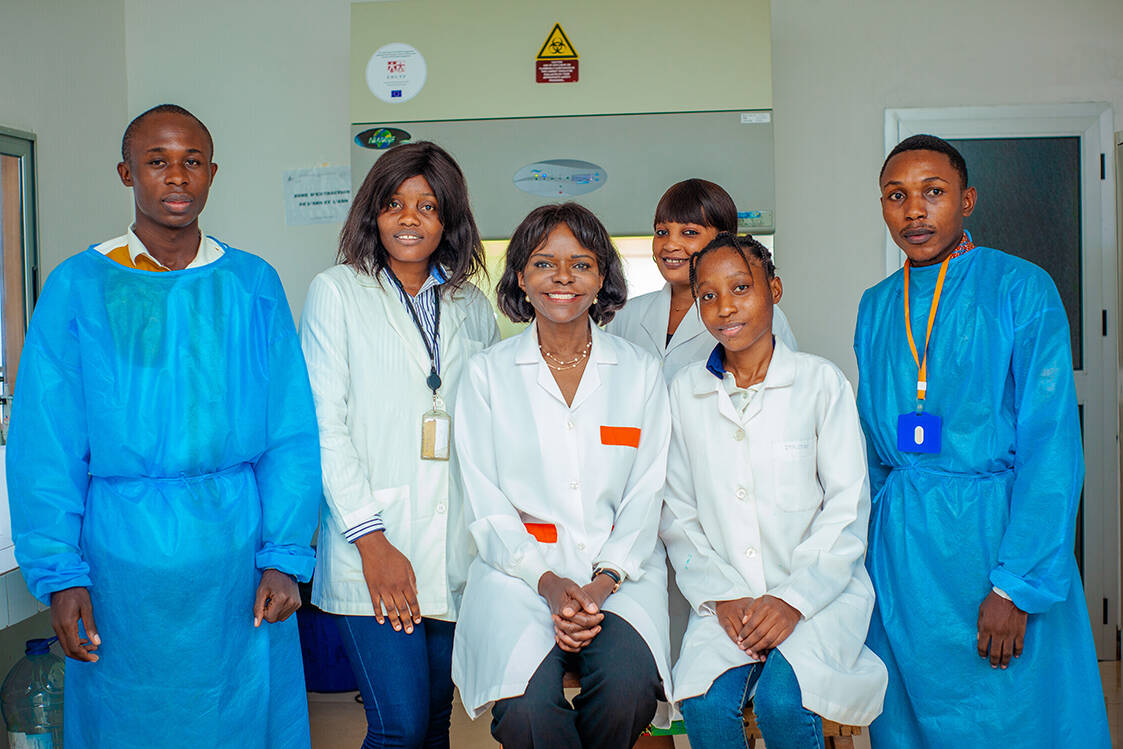
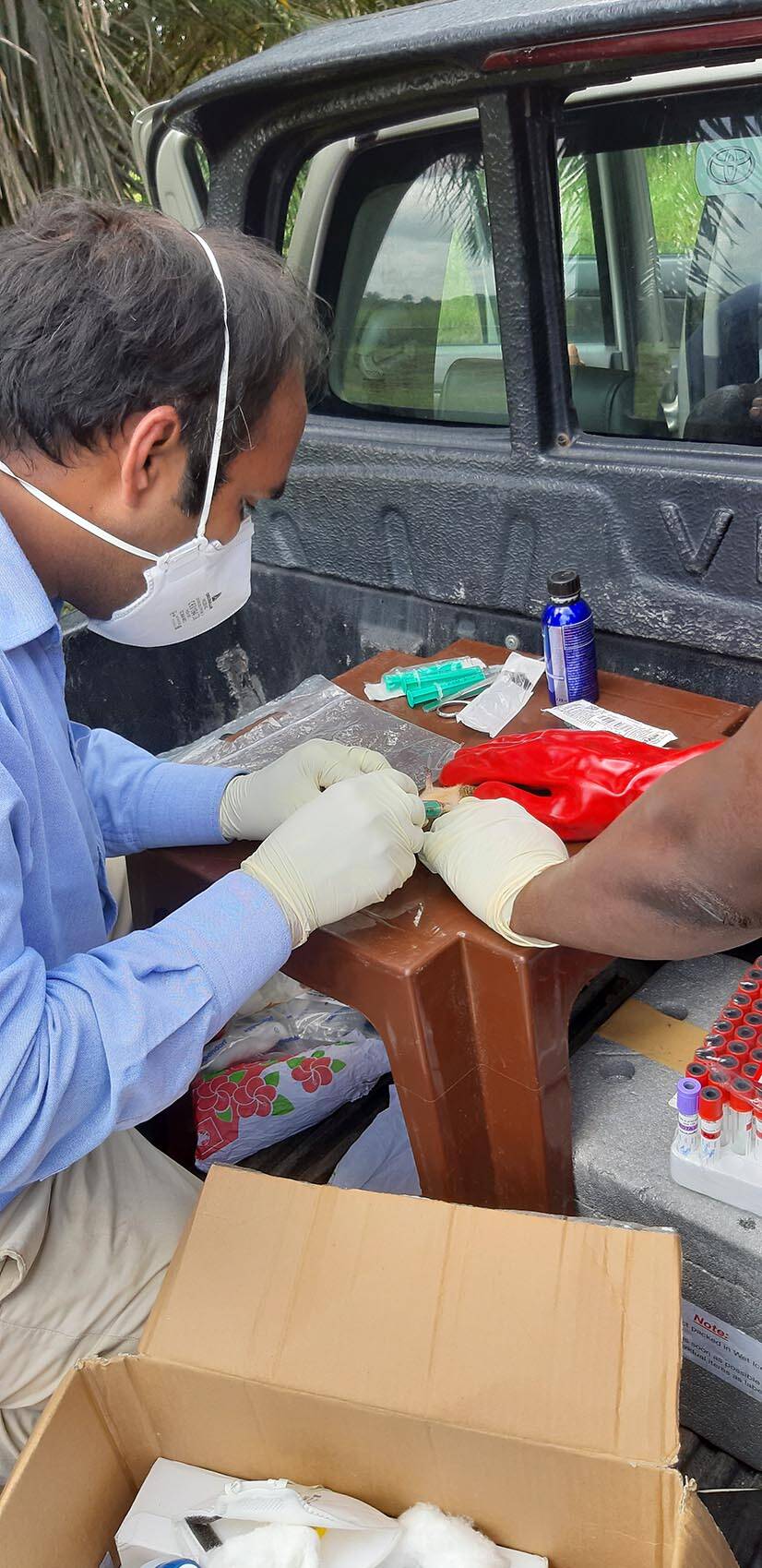
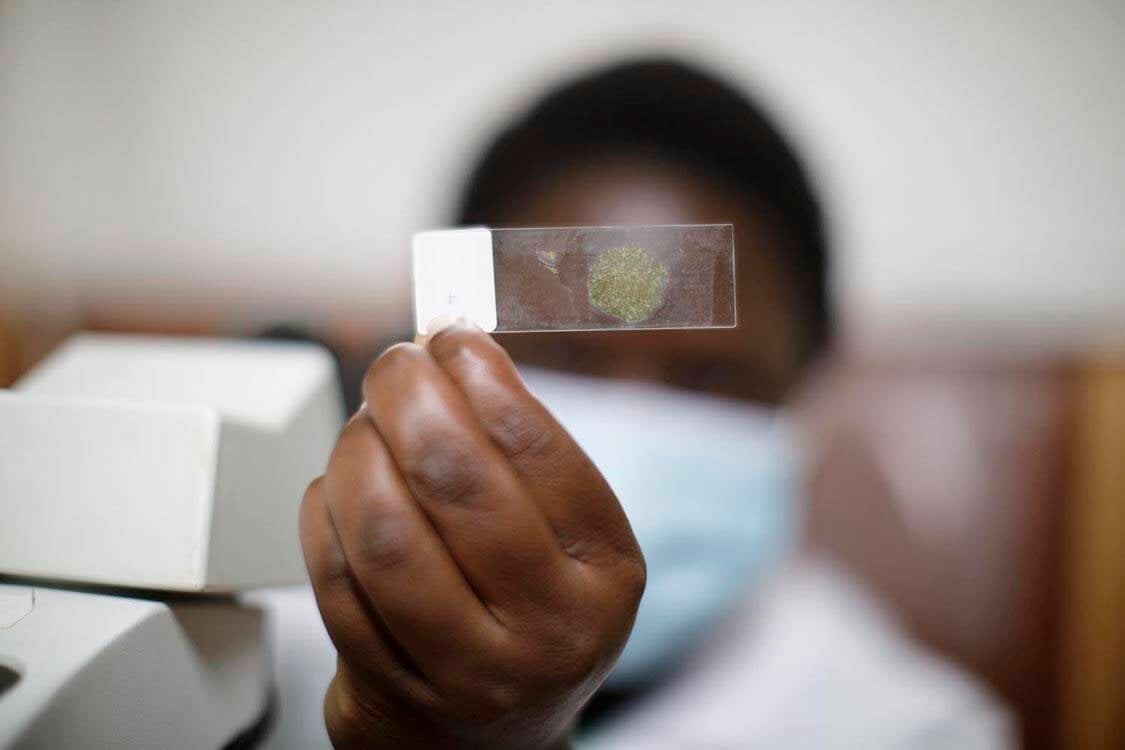
Researcher working at the COVID-19 diagnostic laboratory, Uganda.
COVID-19 vaccination at the UVRI Clinic.
Project: EACCR3: East African Consortium for Clinical Research
Project lead: Professor Pontiano Kaleebu, Uganda National Health Research Organisation, Uganda
Countries involved: Belgium, Ethiopia, Kenya, The Netherlands, Rwanda, Sudan, Sweden, Switzerland, Tanzania, Uganda, UK
Year funded: 2021
EDCTP funding: €4.49 M
Grant agreement: CSA2020NoE-3102
Project website: https://eaccr.org/
Professor Pontiano Kaleebu
(Uganda)
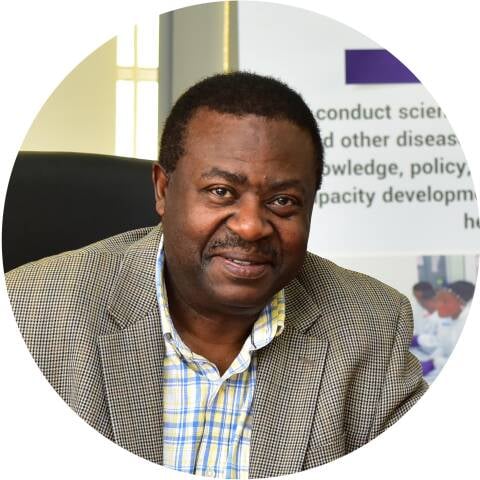
What comes next for EACCR?
Pontiano Kaleebu: The network will continue writing grant applications to conduct relevant research, mentoring junior scientists with a special focus on females and those from less-represented countries. We also plan to start partnering with other agencies, such as the East African Health Research Commission, African Research Excellence Fund, Africa Centres for Disease Control and Prevention (Africa CDC), and the WHO Regional Office for Africa (WHO AFRO).
What progress was made in 2021 towards the network’s short-term and long-term objectives?
Pontiano Kaleebu: In 2021, we successfully concluded EACCR2 and started EACCR3. The EACCR2 long-term trainees completed their studies, and the East African Point of Care Viral Load Study and the CaFe-SEA project funded under the network were launched. Between September and December 2021, another set of 18 PhD and 13 MSc students have been identified and started their studies. The network also concluded six studies on different poverty-related diseases and has initiated three studies under EACCR3.
In 2021, EACCR received a new grant, funded by the UK, to enable the network to recruit female PhD candidates. What is the importance of such a grant to the regional scientific community and how does the network plan to retain and support the long-term career development of these selected female researchers?
Pontiano Kaleebu: The Capacity Building for Female Scientists in East Africa (CaFe-SEA) project is important in bridging the gender gap in science in the region by increasing the number of well-trained female scientists, especially in countries with the most need. The eight scholars under this project will be integrated into the EACCR to support their career development through mentorships, networking, and conduct of research that has the potential to inform policy and improve health outcomes in East Africa. Four of the scholars are already attached to universities as assistant lecturers, and this training will enhance their careers with potential promotion to lectureships and professorships later.
scroll down
The EACCR network is building capacity for research into key poverty-related, neglected and emerging infectious diseases affecting East Africa.
Project Q&A
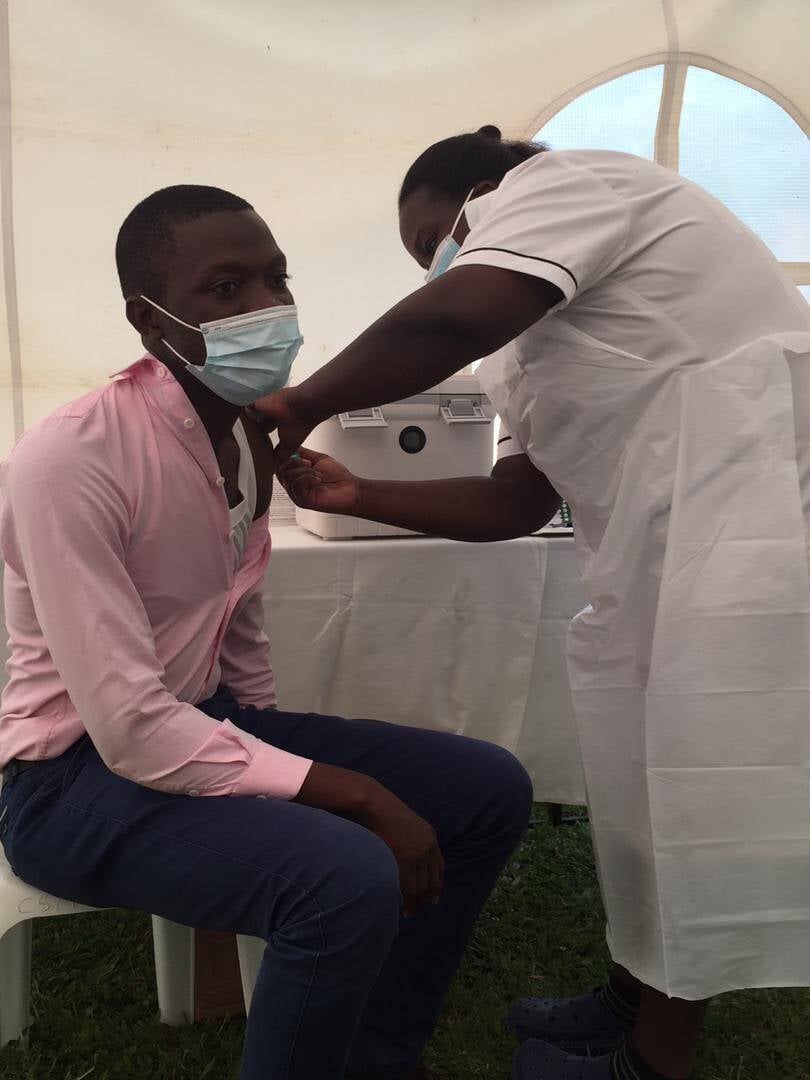
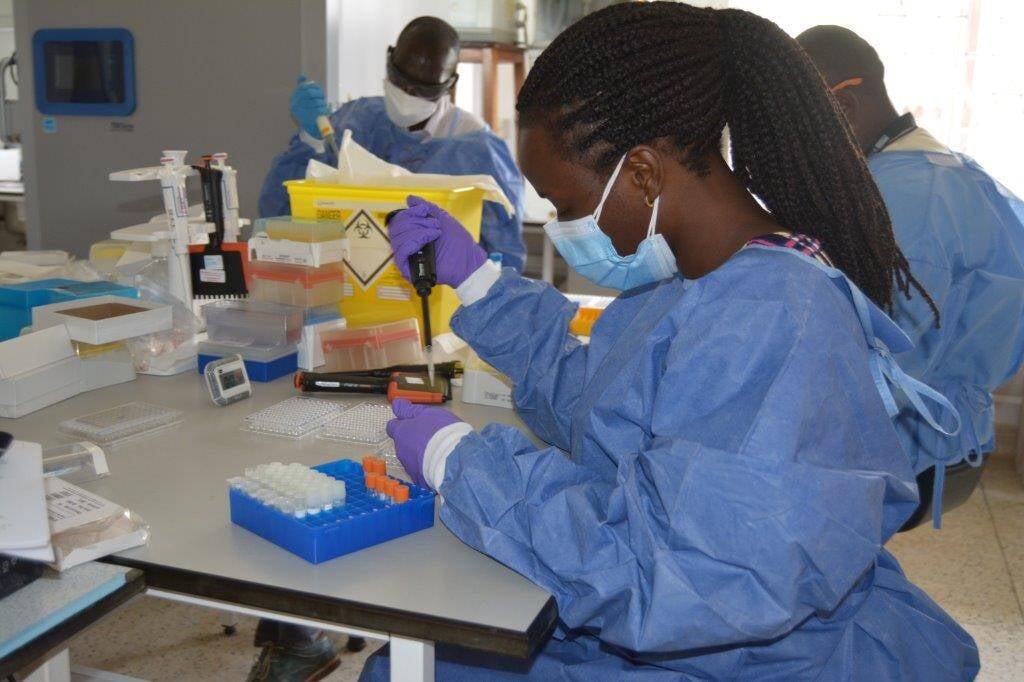
Researcher at the malaria laboratory at CISM, Mozambique.
Researchers at the CISM laboratory in Maputo, Mozambique.
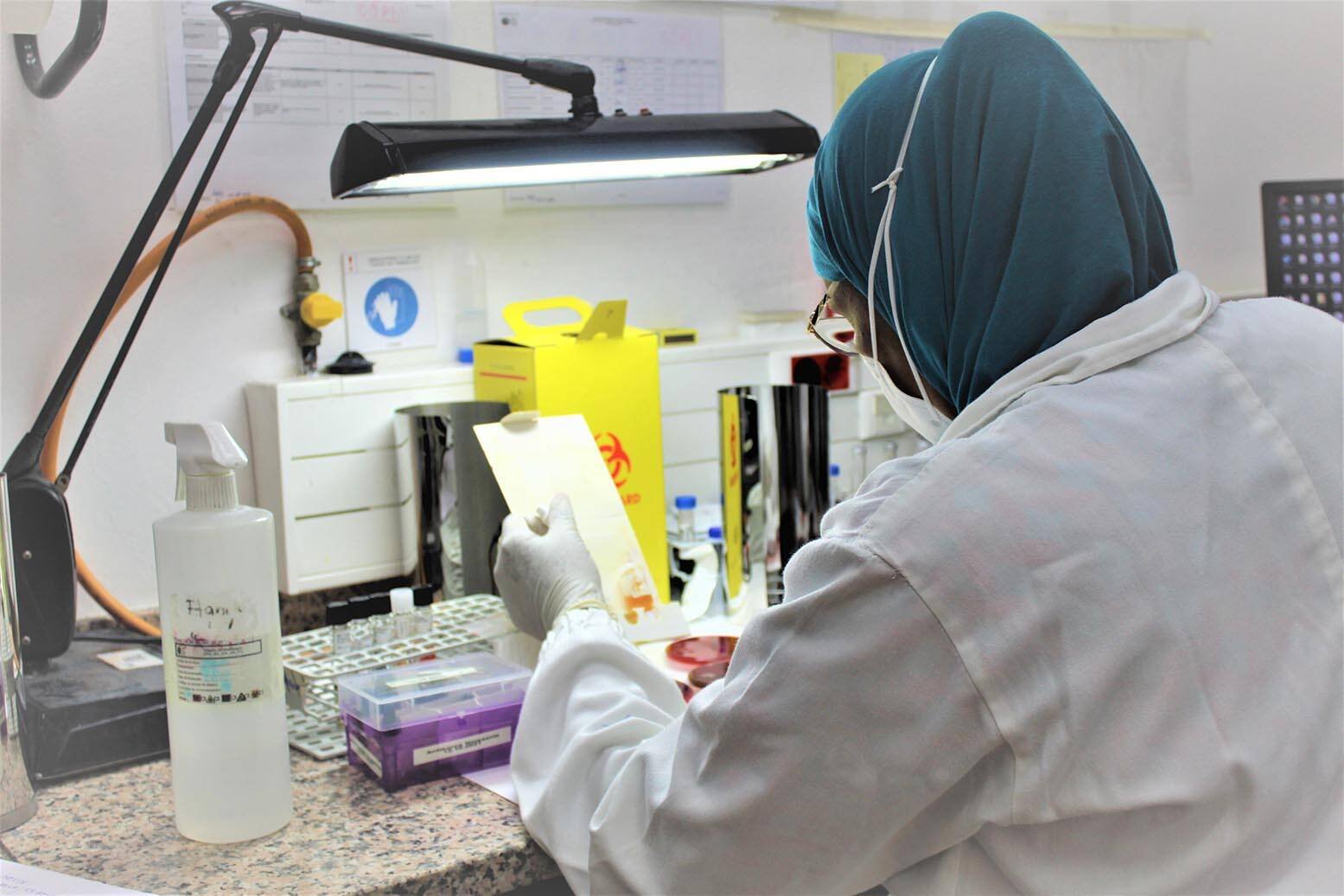
The Data Management Committee (DMC) at CISM, Mozambique.
Project: TESA III: Trial of Excellence in Southern Africa
Project lead: Dr Francisco Saúte, Fundação Manhiça, Mozambique
Countries involved: Angola, Botswana, Eswatini, France, Malawi, Mozambique, Namibia, The Netherlands, South Africa, Spain, Uganda, Zambia and Zimbabwe
Year funded: 2021
EDCTP funding: €4.49 M
Grant agreement: CSA2020NoE-3104
Project website: www.tesanoe.org
Dr Francisco Saúte
(Mozambique)

What comes next for EACCR?
Francisco Saúte: An annual meeting and a scientific symposium will be held in Luanda, Angola, in partnership with the Ministries of Health of Angola and Namibia. The female fellows, postgraduate students and postdoc will be invited to present progress reports of their projects and any challenges they may be facing.
What progress was made in 2021 towards the network’s short-term and long-term objectives?
Francisco Saúte: TESA enrolled two MSc students in medical sciences, two PhD students in biostatistics and data management, and one postdoc in immunology.
In 2021, TESA received a new grant, funded by the UK, to enable the network to recruit female PhD candidates. What is the importance of such a grant to the regional scientific community and how does the network plan to retain and support the long-term career development of these selected female researchers?
Francisco Saúte: The key aim of this project is to contribute to the reduction of the gender imbalance and inequality, in the health research sector, affecting women in the southern region of Africa.
We hope to retain and support the training and career development of our selected students. The TESA network will implement a comprehensive mentoring programme within the network and align career path options for female PhD students with our organisational goals.
scroll down
The TESA network is integrating clinical research capacity building into clinical trials organised in the southern Africa region.
Project Q&A
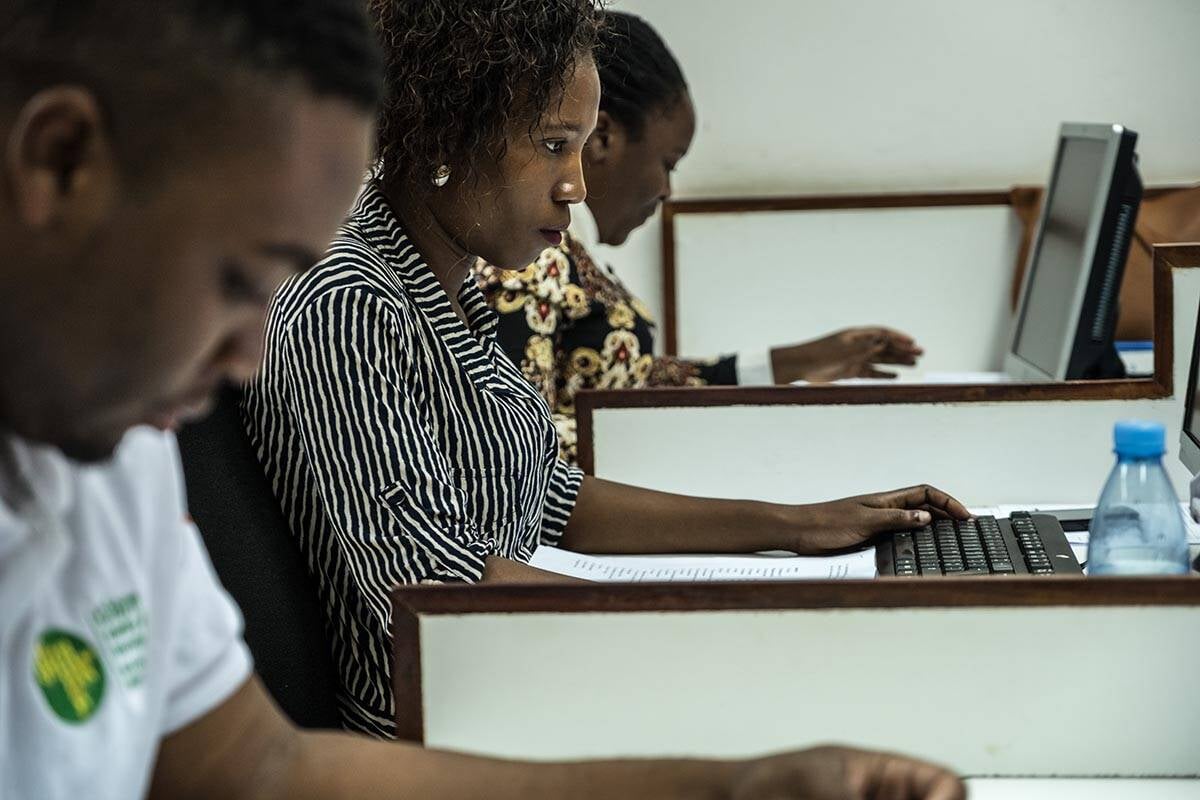
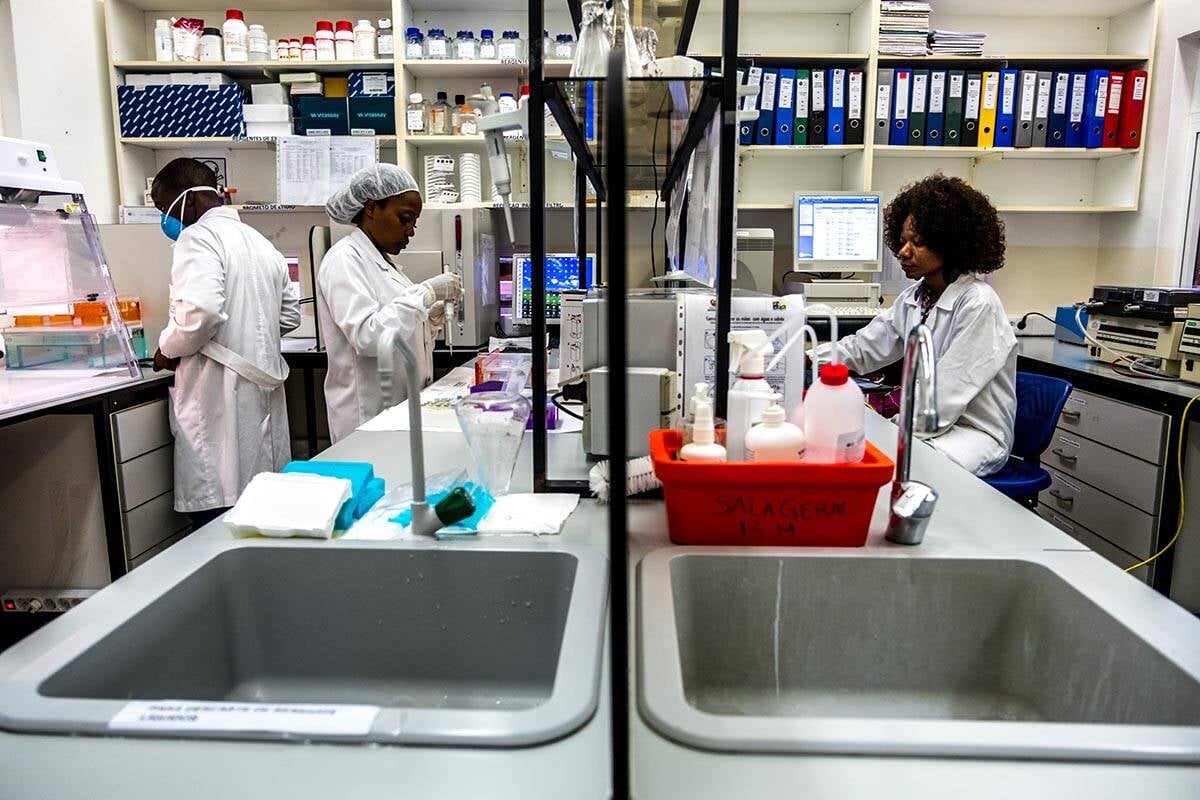
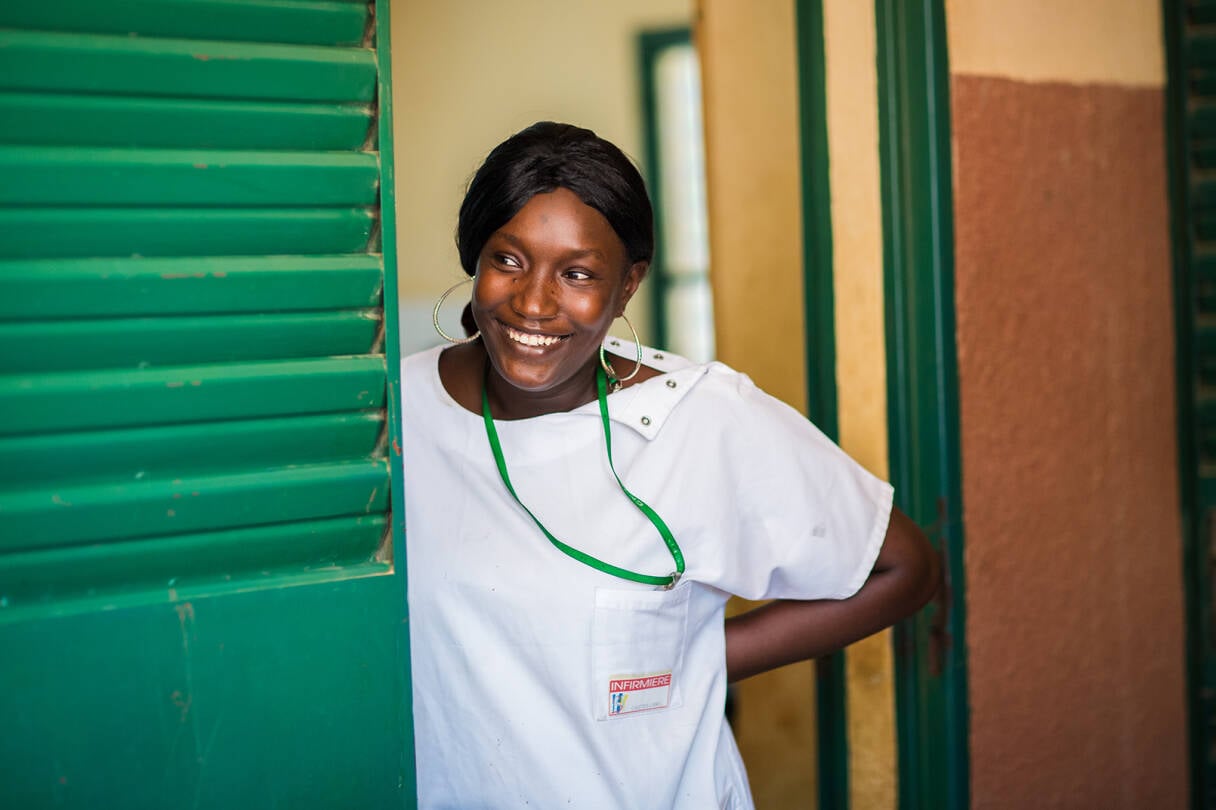
The Data Management Committee (DMC) at CISM, Mozambique.
Project: WANETAM3: West African Network for TB, AIDS and Malaria
Project lead: Professor Souleymane Mboup, Réseau Africain de Recherche sur le SIDA (RARS), Senegal
Countries involved: Benin, Burkina Faso, France, The Gambia, Germany, Ghana, Guinea, Guinea Bissau, Mali, Nigeria, Portugal, Senegal, Sierra Leone, Togo, U3
Year funded: 2021
EDCTP funding: €4.49 M
Grant agreement: CSA2020NoE-3104
Project website: https://wanetam.org/
Professor Souleymane Mboup
(Senegal)
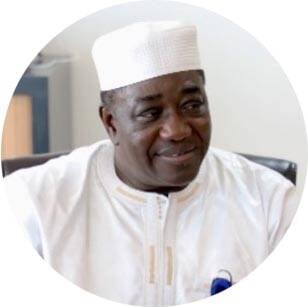
What comes next for WANETAM?
Francisco Saúte: Clear and tangible capacity strengthening has been undertaken. Scientific training and mentorship have been provided. Network resources for clinical trial management and monitoring, quality management and data management have been developed. Clinical trial competencies at several sites have been enhanced. The network will continue to conduct clinical trials.
The challenge remains that competencies are not evenly spread and there are a few countries and institutions where specifically targeted attention will be required to consolidate the gains made. WANETAM will continue to provide such peer support as needed.
What progress was made in 2021 towards the network’s short-term and long-term objectives?
Francisco Saúte: WANETAM is now a consolidated research platform serving collaborative research in West Africa. During the COVID-19 pandemic, WANETAM member institutions provided peer epidemiological, clinical, laboratory and genomics training to each other, underpinning essential services in the control of the pandemic in the region. The network has also strengthened its supportive environment through quality management training, clinical trial management and monitoring, and data management. These resources are being placed at the collective disposal of the entire network.
In 2021, WANETAM received a new grant, funded by the UK, to enable the network to recruit female PhD candidates. What is the importance of such a grant to the regional scientific community and how does the network plan to retain and support the long-term career development of these selected female researchers?
Francisco Saúte: The TALENT grant leverages on the existing training programmes within the WANETAM network to deliver PhD and MSc/MPhil training, to build capacity for clinical research. In 2021, the programme recruited eight female PhD candidates from Ghana, Senegal, Mali and Nigeria and the MSc students will be recruited in 2022. The programme has a strong supervision and mentorship framework, with senior female scientists providing support and guidance. The MSc students will be focused on the less-resourced under-represented countries in current capacity and research initiatives to boost their capacities.
scroll down
The WANETAM network is strengthening clinical research capacity across English-, French- and Portuguese-speaking countries in West Africa.
Project Q&A
